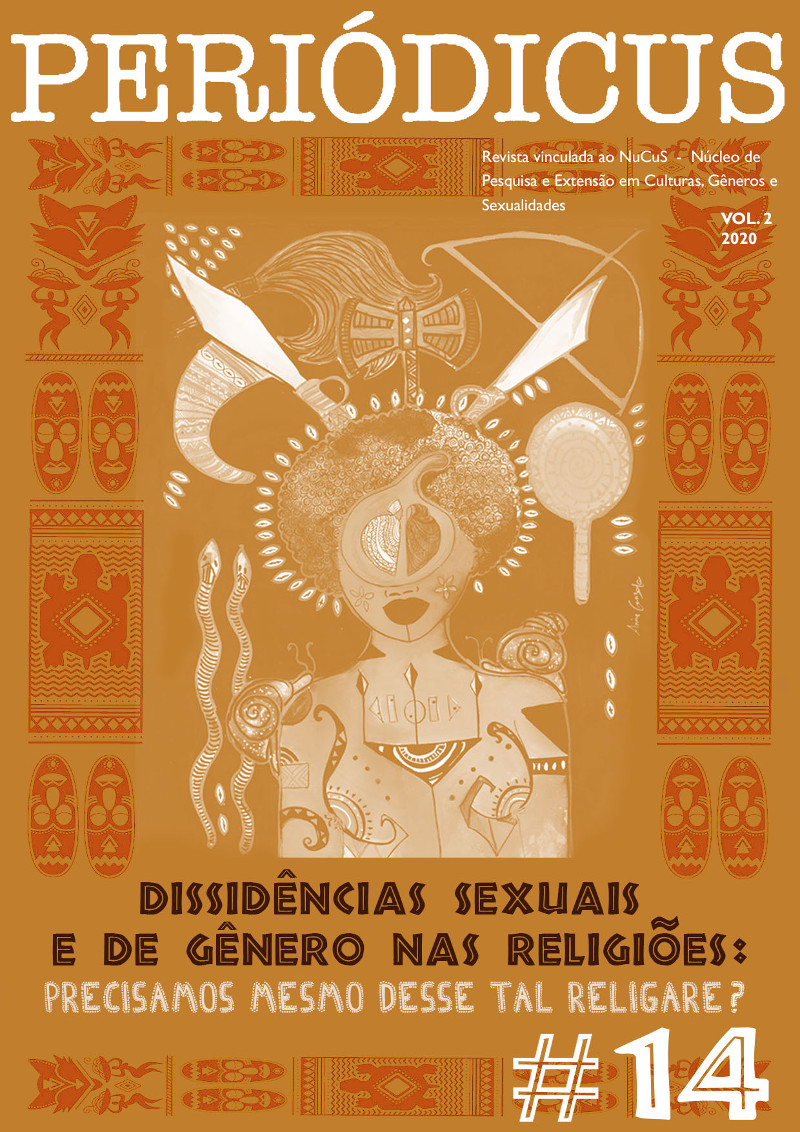Post-structuralist review of the “structural opression” notion: the intersectional devices of lumpenizing subjectivation
DOI:
https://doi.org/10.9771/peri.v2i14.35714Abstract
Abstract: Considering the current widespread presence of the epistemic formulation “structural oppression” in thediscourses of social and academic movements that debate issues of race, gender and intersectionality, this article seeks to
outline a theoretical and analytical review of the two terms of that expression. Starting from post-structuralist
methodologies, political programs of domination such as racism and sexism can be better evaluated by the notion of
“machine” than by that of “structure”. Then, focusing on academic and/or militant studies that address the social effects of
racism and sexism in Brazil and transnationally, this article proposes a drift from the notion of “oppression” by listing
some of the micropolitical operations that produce the different dimensions of social inequity. Thus, this post-structuralist
epistemic experiment is oriented towards an intersectional interest, locating multiple operations and effects that are
common to the different regimes of social domination.
Keywords: Structural Oppression. Post-structuralism. Intersectionality. Racism. Sexism.
Downloads
Downloads
Published
How to Cite
Issue
Section
License
Copyright (c) 2021 Yuri Bataglia Espósito

This work is licensed under a Creative Commons Attribution-NonCommercial 4.0 International License.
Autores que publicam nesta revista concordam com os seguintes termos:
Autores mantêm os direitos autorais e concedem à revista o direito de primeira publicação, com o trabalho simultaneamente licenciado sob Licença Creative Commons Attribution Noncommercial que permite o compartilhamento do trabalho com reconhecimento da autoria e publicação inicial nesta revista, sendo vedado o uso com fins comerciais.
Autores têm autorização para assumir contratos adicionais separadamente, para distribuição não-exclusiva da versão do trabalho publicada nesta revista (ex.: publicar em repositório institucional ou como capítulo de livro), com reconhecimento de autoria e publicação inicial nesta revista.
Autores têm permissão e são estimulados a publicar e distribuir seu trabalho online (ex.: em repositórios institucionais ou na sua página pessoal) a qualquer ponto antes ou durante o processo editorial, já que isso pode gerar alterações produtivas, bem como aumentar o impacto e a citação do trabalho publicado (Veja O Efeito do Acesso Livre).







